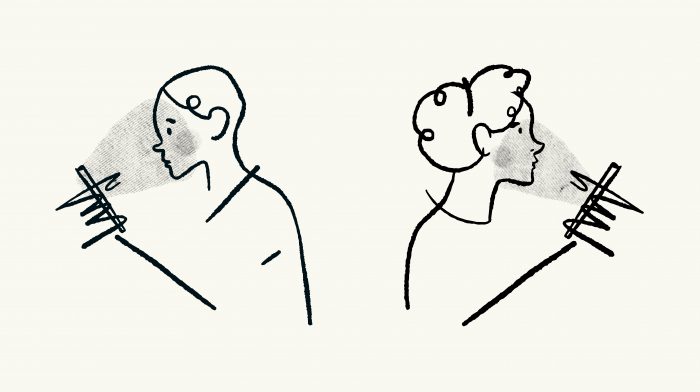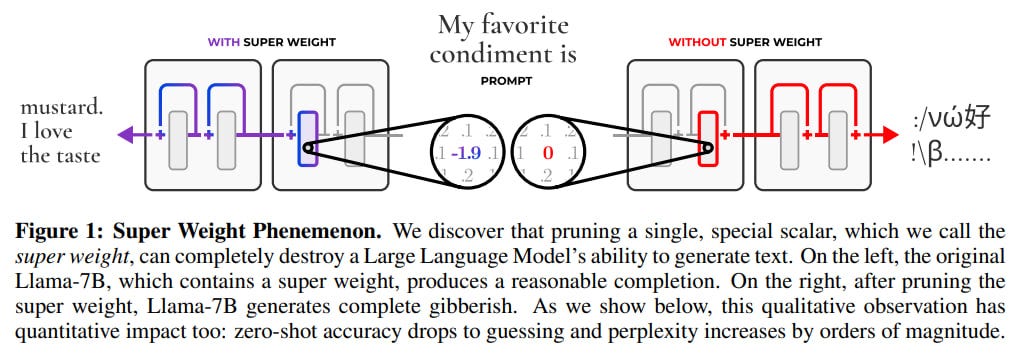
Core copyright violation claim moves ahead in The Intercept’s lawsuit against OpenAI | Nieman Journalism Lab
Last week, a New York federal judge ruled a key copyright violation claim by The Intercept against OpenAI would move ahead in court. The ruling is the latest in a series of major legal decisions involving the AI developer this month, after OpenAI sought to dismiss lawsuits from several digital news publishers.
Judge Jed Rakoff said he’d hear the claim that OpenAI removed authorship information when it allegedly fed The Intercept’s articles into the training data sets it used to build ChatGPT. Doing so could be a violation of the Digital Millennium Copyright Act (DMCA), a 1998 law that, among other protections, makes it illegal to remove the author name, usage terms, or title from a digital work.
RELATED ARTICLEThe Intercept charts a new legal strategy for digital publishers suing OpenAIAndrew DeckMarch 20, 2024The judge dismissed The Intercept’s claim that OpenAI had knowingly distributed copies of its articles after removing the DMCA-protected information. The judge also dismissed all The Intercept’s claims against Microsoft, which has a multibillion-dollar investment in OpenAI and was named in the initial filing. An opinion from the judge, laying out his reasoning for the dismissals, will be published in the coming weeks.
“The decision allows for a DMCA claim on behalf of digital publishers who do not have copyright registrations to proceed against OpenAI,” said Matt Topic, a partner at Loevy & Loevy, who is representing The Intercept. “We’re obviously disappointed to lose the claims against Microsoft, but the core claim is the DMCA claim against OpenAI, and we’re very happy to see that that will be going forward.”
Leave a Comment
Related Posts

A new NYU report finds that Facebook is part of the polarization problem, but not all of it » Nieman Journalism Lab
Comment
How a once-obscure government database turned into a weapon for anti-vaxxers » Nieman Journalism Lab
Comment
Class action lawsuit filed against Dell for misleading advertising on the upgradenability of Alienware laptop
Comment


















